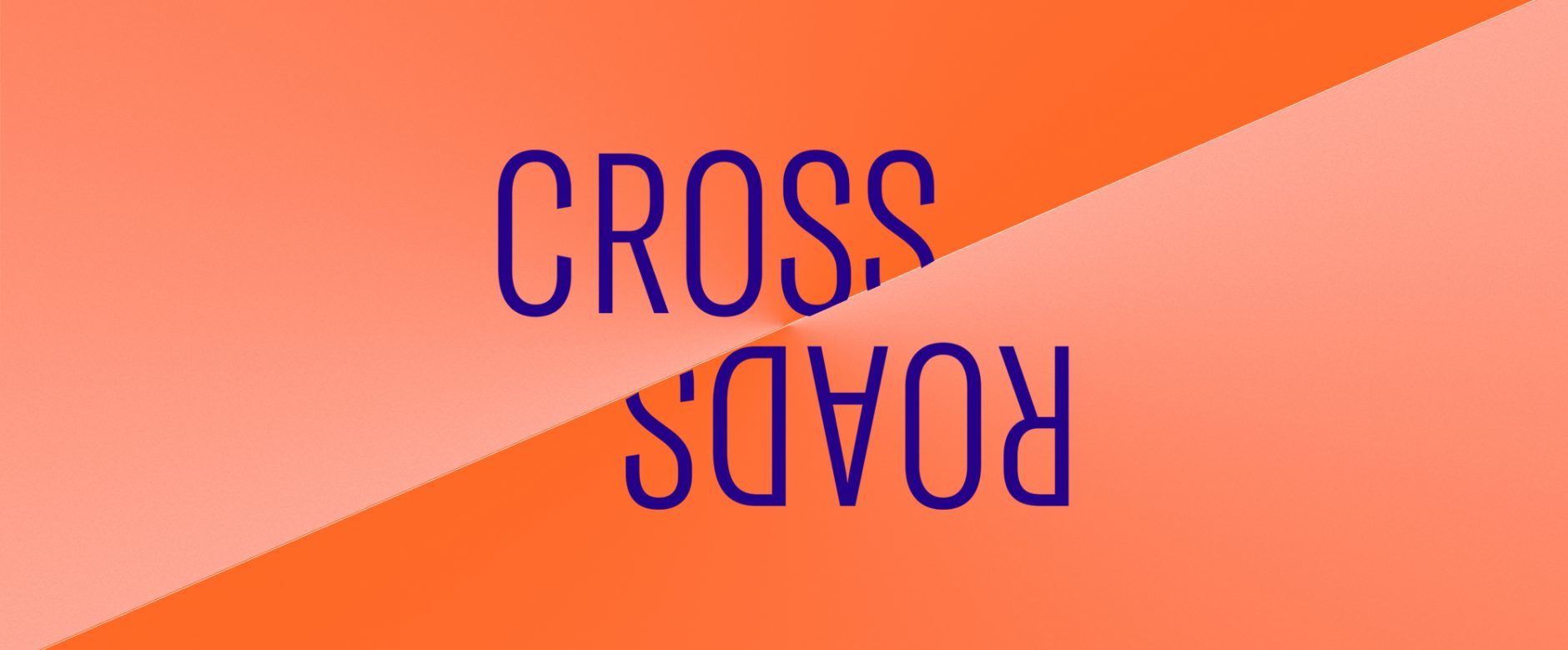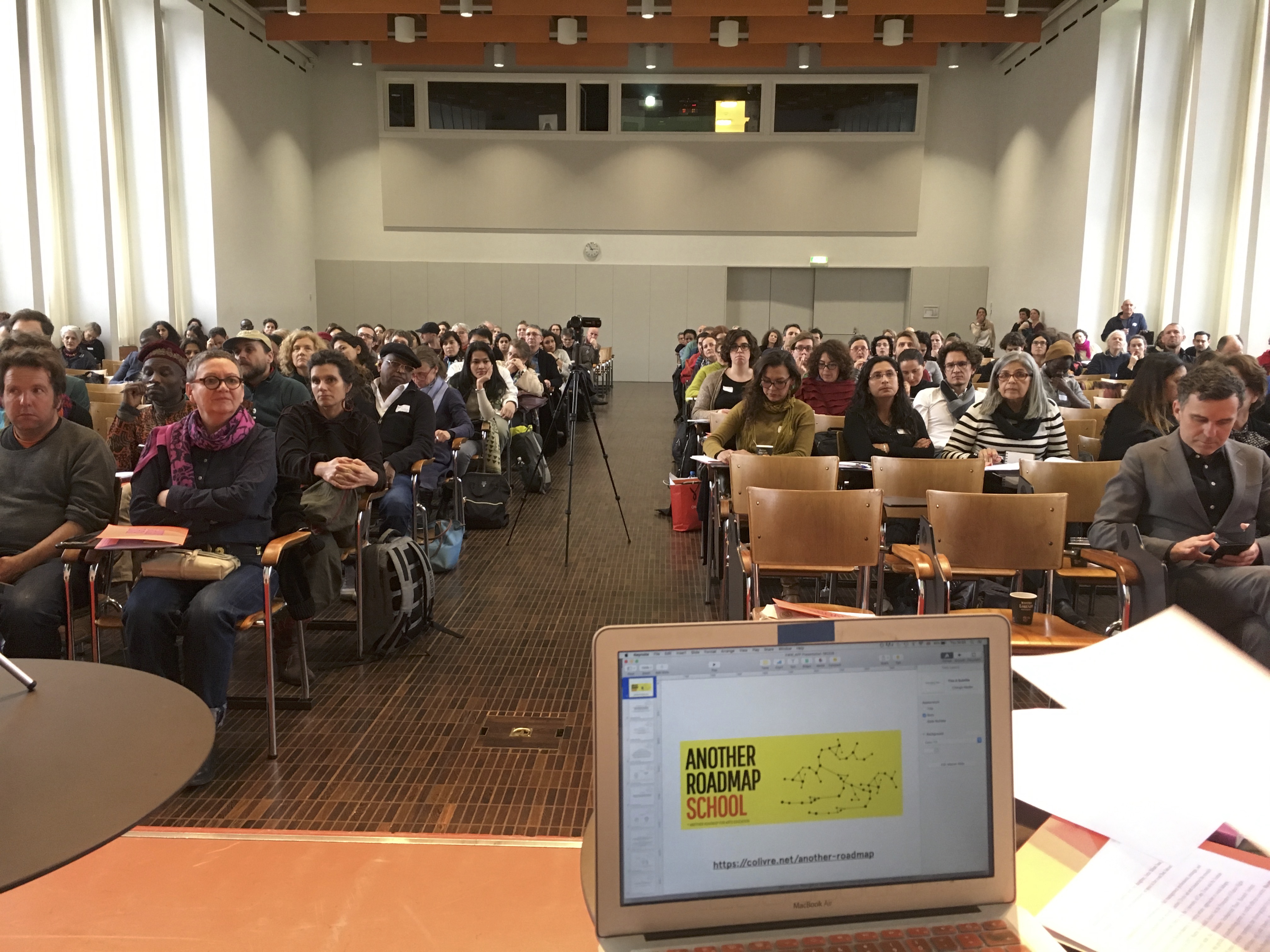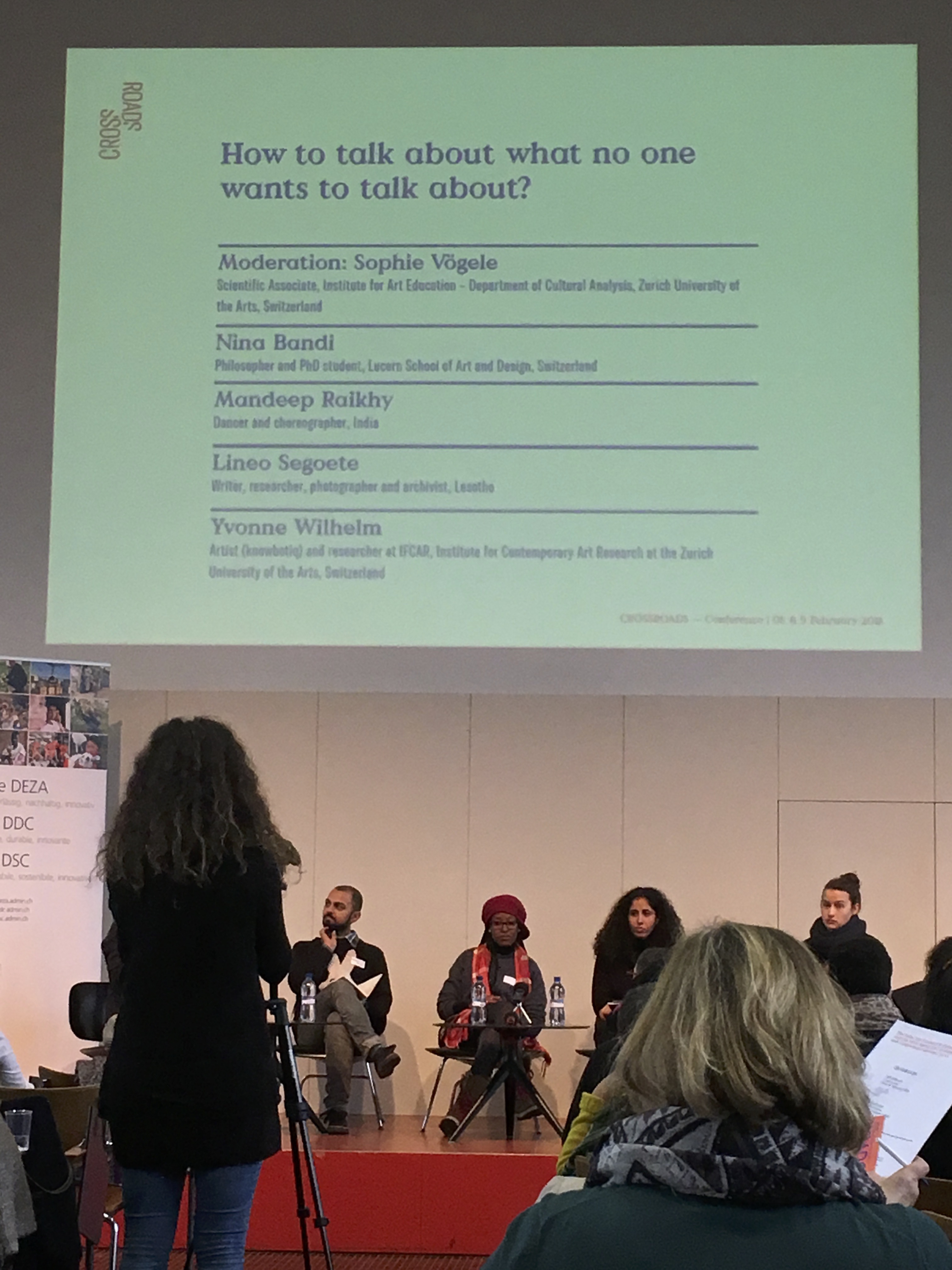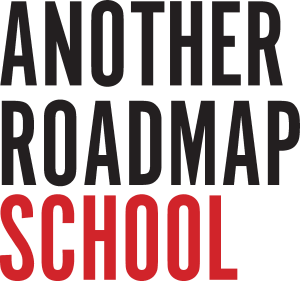

CROSSROADS, organised by The Swiss Arts Council Pro Helvetia and the Swiss Agency for Development and Cooperation (SDC) brought together cultural practitioners from Switzerland, India, the Arab world and Southern Africa in Basel and Geneva for a conference and multidisciplinary cultural programme that explored the impact that cultural exchange and international networks might have, and the roles that art and culture can play in the process of social change.
– – –
What impact do cultural exchange and international networks have?
What roles do art and culture play in the process of social change?
CROSSROADS, organised by The Swiss Arts Council Pro Helvetia and the Swiss Agency for Development and Cooperation (SDC), provided a 3-day platform for discussion with a conference and a cultural programme in Basel and Geneva.
CROSSROADS brought together two Swiss institutions dedicated to culture in an international context: the Swiss Agency for Development and Cooperation (SDC) and the Swiss Arts Council Pro Helvetia have both been active for many years in numerous regions around the world, including what is known as the Global South. In addition to that, the oldest three liaison offices of Pro Helvetia, in Cairo, New Delhi and Johannesburg celebrated round anniversaries between 2017 and 2018.
CROSSROADS took a look behind the scenes of cultural production and promotion in various parts of the world and, by means of a conference and panels, explored possible ways ahead in the cultural cooperation of the future.
CROSSROADS united cultural practitioners from Switzerland, India, the Arab world and Southern Africa and offered a multidisciplinary cultural programme lasting three days.
Lineo Segoete of the Maseru Working Group and Emma Wolukau-Wanambwa of the Kampala Working Group were both invited to present the work that ARAC has been doing across Africa with the financial support of ProHelvetia Johannesburg.

Lineo Segoete (Maseru Working Group) spoke on the panel entitled
«how to talk about what no one wants to talk about»
which addressed demographic, ethnic, religious and sexual minorities who are faced with marginalisation, violence and the suppression of their histories. These topics are highlighted in the work of many critical artists today. The panel explored how varying (political) contexts require distinct strategies and formats to make these issues accessible to a broader audience. the core questions revolved around what such strategies could be along with the obstacles artists face when taking up such issues. The panel was moderated by Sophie Vögele (Scientific Associate, Institute for Art Education –
Department of Cultural Analysis
, Zurich University of the Arts, Switzerland).
Emma Wolukau-Wanambwa (Kampala Working Group) spoke about ARAC on the panel entitled
«arts politics and power»,
the premise of which was that art and politics are closely intertwined, that artists are often important critical voices in the arena of political discourse, and that the arts can serve as a means to challenge conformist narratives and dominant discourse, calling into question our habitual political views and practice. The panel was Moderated by Federica Martini (Art historian and curator, Dean of Visual Arts at the ECAV/Sierre, Switzerland).
You can read more about the Crossroads conference
here
.
The full programme of events can be viewed
here.
